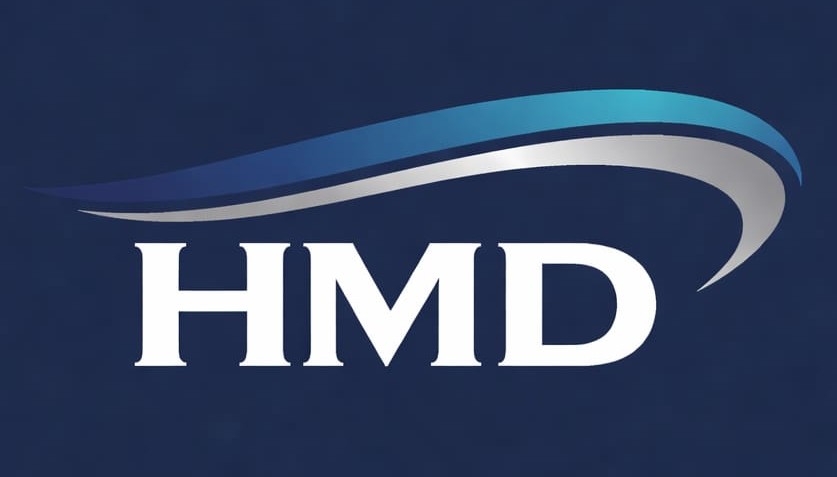Last Monday, more than 3,635 HIV and infectious disease researchers from 73 countries gathered in Denver, Colorado, and virtually for the annual Conference on Retroviruses and Opportunistic Infections (CROI). Key scientific studies presented at this scholarly meeting revealed significant progress towards achieving an effective vaccine against human immunodeficiency virus (HIV).
“An effective vaccine is really the only way to provide long-term immunity against HIV, and that’s what we need,” Dr. Julie McElrath, the director of the vaccine and infectious disease division at the Fred Hutchinson Cancer Center in Seattle, said Monday at the Conference. Getting closer to developing a breakthrough vaccine against HIV is both a groundbreaking feat and a great sigh of hope in our battle against one of the most complex pathogens ever known.
In This Article: (6 min read)
- HIV/AIDS Basic Facts
- How to Know if You Have HIV
- Pre- and Post-Exposure Preventive Measures
- Promising Results for A Vaccine Against HIV/AIDS

If not treated, HIV can lead to AIDS. Image courtesy of Sharecare
HIV/AIDS Basic Facts
????HIV (human immunodeficiency virus) is a virus that attacks cells that help the body fight infection (the body’s immune system).
????If HIV is not treated, it can lead to AIDS (acquired immunodeficiency syndrome).
????AIDS is the late stage of HIV infection that occurs when the body’s immune system is badly damaged because of the virus.
????HIV has claimed 40.4 million lives so far while an estimated 39 million people are currently living with the virus globally, per WHO.
????It is spread by contact with certain bodily fluids of a person with HIV, most commonly during unprotected sex, or through sharing injection drug equipment.
????There is currently no effective cure. Once people get HIV, they have it for life.

Getting tested is the only way to know if you have HIV.
How to Know if You Have HIV
The only way to know if you have HIV is to get tested. You can ask your health care provider for an HIV test. Many medical clinics, substance abuse programs, community health centers, and hospitals offer them too.
HIV self-testing is also an option. Self-testing allows people to take an HIV test and find out their result in their own home or other private location and get results within 20 minutes.
What Are the Symptoms of HIV?
Most people have flu-like symptoms within 2 to 4 weeks after infection. Symptoms may last for a few days or several weeks and they include fever, chills, sore throat, swollen lymph nodes, rash, muscle aches, night sweats, mouth ulcers, and fatigue.
Having these symptoms alone, however, doesn’t mean you have HIV. Other illnesses can cause similar symptoms.
It is also important to note that some people have no symptoms at all. The only way to know for sure if you have HIV is to get tested.

Safe sex, PrEP And PEP are ways to prevent getting HIV.
How Can I Protect Myself?
You can use strategies such as abstinence (not having sex), never sharing needles, and using condoms the right way every time you have sex.
There are also effective methods to prevent getting HIV such as pre-exposure prophylaxis (PrEP), medicine people at risk for HIV take to prevent getting HIV from sex or injection drug use; and post-exposure prophylaxis (PEP), HIV medicine taken within 72 hours after a possible exposure to prevent the virus from taking hold.

Promising prospect in developing an HIV vaccine is on the horizon. Image credit, Philadelphia Magazine
Promising Results for A Vaccine Against HIV/AIDS
Scientific papers presented at the 2024 Conference on Retroviruses and Opportunistic Infections (CROI) showed favorable results from two HIV vaccine studies.
One found that a modification to the simian version of HIV spurred production of what are known as broadly neutralizing antibodies against the virus in monkeys. Another showed promise in the effort to coax the immune system’s B cells to make the powerful antibodies in humans.
Three mRNA-based early human trials have also been launched since 2022. Researchers have shown success in one of those mRNA trials in executing a particular step in the B-cell cultivation process. That vaccine component also generated “helper” CD4 cells primed to combat HIV.
Dr. Mark Feinberg, president and CEO of the International AIDS Vaccine Initiative (IAVI) suggested that the first trial to test effectiveness of the vaccine might not launch until 2030 or later.

